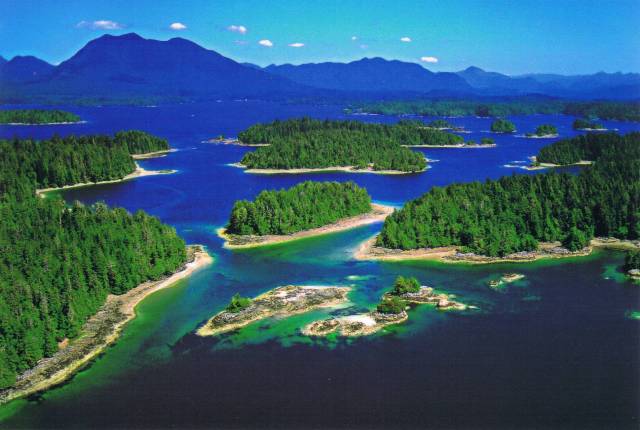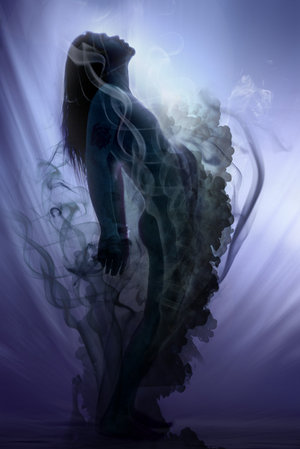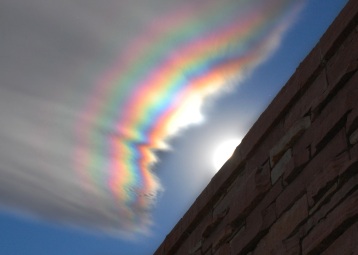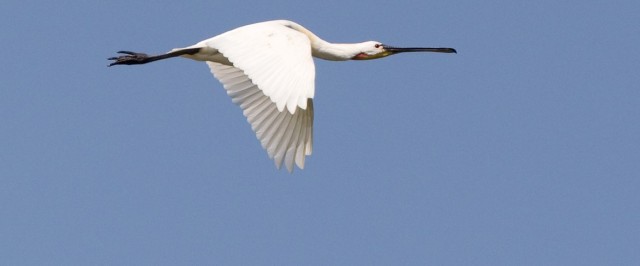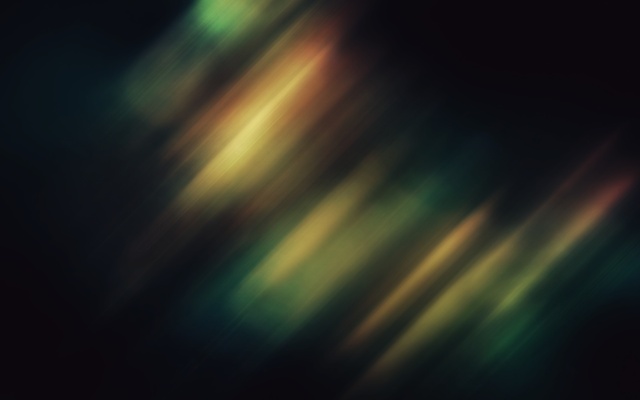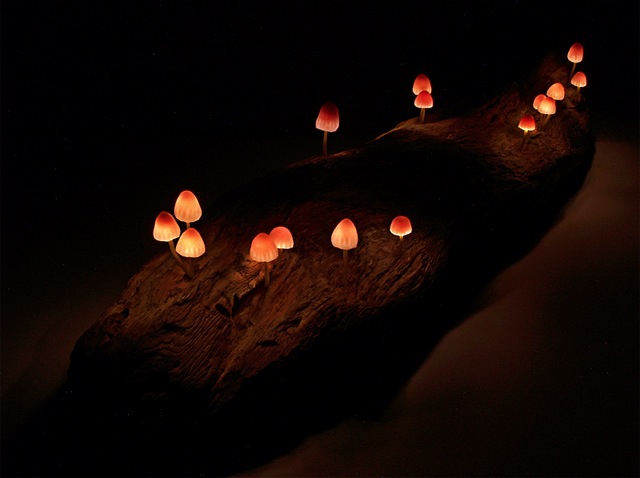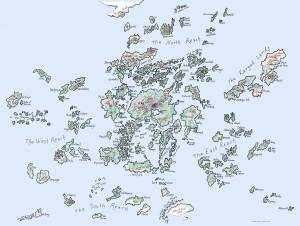 I’ve loved the word Archipelago ever since I came across it in A Wizard of Earthsea, by Ursula Le Guin, when I was around 11. These days, it means any grouping of islands (or the sea that contains them), but originally it referred to the Aegean Sea.
I’ve loved the word Archipelago ever since I came across it in A Wizard of Earthsea, by Ursula Le Guin, when I was around 11. These days, it means any grouping of islands (or the sea that contains them), but originally it referred to the Aegean Sea.
Anyway, enough fact-bombing. This is going to be a bit of a rant.
We’ve just had Pride day in Exeter, and an encounter I had with some other trans women has really galvanised me to want to start a peer support group for people who identify as non-binary as regards gender.
A non-binary gender identity, in case you’re not familiar with this term, is a gender identity for which neither simply “man” nor “woman” is a perfect fit. There are many, many gender labels which fall variously under this heading: genderqueer, gender-questioning, gender-curious, gender-neutral, androgyne, two-spirited, neutrois, agender, bigender, polygender, pangender… and more that I haven’t included because either I can’t remember them right now, or because they’re out there but I haven’t heard of them yet (please let me know and I’ll add them, I’d like to collect the set).
But they all share this quality of a sense of gender identity that can’t be defined simply in terms of just “man” or “woman” (which is known as the gender-binary model). Some people consider themselves to be on a spectrum somewhere between male and female, and others consider the idea of even a spectrum between those two “end points” to be still too restrictive and flat a model of gender (I am in the latter camp, in case you couldn’t tell… my own view of it is as a “probability field”).
Anyway, really enough fact-bombing, the rant. I just seem to keep having the same conversation with trans women (in particular): I mention having a non-binary gender identity, they initially nod and seem to understand, but as the conversation goes on, they almost invariably declare themselves as thinking non-binary gender identity “doesn’t really exist”, and is some kind of artificial construct.
This bears uncanny and unpleasant resemblance to the conversations I had over and over again with gay people back in the 80s when I came out as bisexual. People with a very strong investment in seeing in black & white, and an equally strong investment in believing colour doesn’t exist. I’m so tired of this. It’s especially wearying when people start out by saying “Oh, I know what you mean…” and then proceed to say something completely different.
A different issue is that trans people who are not gender-stereotypical when it comes to presentation or sexuality can be made to feel they are not “proper men or women” by others. This makes me more sympathetic to people who think I’m talking about sexuality when I’m talking about gender identity.
Just to be clear, I have no problem accepting people who identify as men or women. I’ve spent most of my life surrounded by people like that, I’m used to it (and I spent most of my life masquerading as one, too). It just really pushes my buttons to be told that either I don’t exist, or that we non-binary folk are “making trans women look bad”, or variations thereon.
So my plan for the support group is to declare it open to anyone whose gender identity is something other than simply “man” or “woman”, and see who shows up.
*****
While I’m ranting, another thing I’m really tired of: conversations in which I make it clear that I am not elitist or hierarchical about trans* folk or about people who cross-dress, in which the other person starts out by agreeing that they aren’t either – and then proceeds to complain about cross-dressers and, well, anyone who doesn’t dress like themselves, as somehow A Threat To The Cause™. It’s such a stuck record.
In the UK, we have an annual “National Transgender Celebration” in Manchester which I don’t go to, because it’s called Sparkle, and it hosts Beauty Contests and suchlike – and is basically a celebration of binary gender stereotyping, which just makes me feel marginalised and invisible. I’d go in a flash to a National Transgender Celebration if it was more like a Pride march, just a whole load of trans people being diversely visible together.
Anyway, I was talking to a trans woman on Pride day and explained how Sparkle wasn’t my scene because I don’t do parties and competitions, I just want a gathering of trans people as people to celebrate ourselves – and she agreed with me and then immediately went off on a rant about how cross-dressers at Sparkle “make us look bad” as though that was what I’d been saying, and she wouldn’t take no for an answer.
I need my peer group!!!
*****
Okay, I’m done ranting now.
What about the whole archipelago thing? Well, I was having a conversation online with some fellow non-binary folk, talking about how we’d depict the gender probability field, and one idea that came up was a map, with people putting themselves at different points on it (or possibly an X/Y graph, with male on one axis and female on the other, and positive and negative zones). I said that I think that’s still too two-dimensional, but that going with that model, I feel like my gender identity is a series of islands spanning over quite a lot of the Gender Sea. Hence polygender – but I don’t experience the different islands and islets as separate entities/identities, just as different aspects of a unified gender identity I have, that is complex and rich.
So yes, my gender identity is archipelagic – and it’s learning to function as an harmonious community, just as other aspects of my identity are doing, slowly and with much negotiation. All voices will be heard, and there will be no “first language”. As I have said before, I am in some ways a woman, in some ways androgyne, and in some ways a trans man. Insofar as we’re obliged to name those as distinct things in the first place, which I believe they are not. I am not an island, and I am not the islands – I am the sea in which the islands are. Naming the islands is just a convenience. I’m more a woman than I am anything else (I was conceived on that island but was then kidnapped and taken elsewhere), but I’m a citizen of the archipelago.
[Above, a map of the Earthsea Archipelago, drawn by Ursula Le Guin’s own fair hand – below, Broken Islands, in British Columbia.
PS Someone in the last couple of days somehow arrived at my blog-thing by googling “sex on a bonnet” – this amuses me.]
